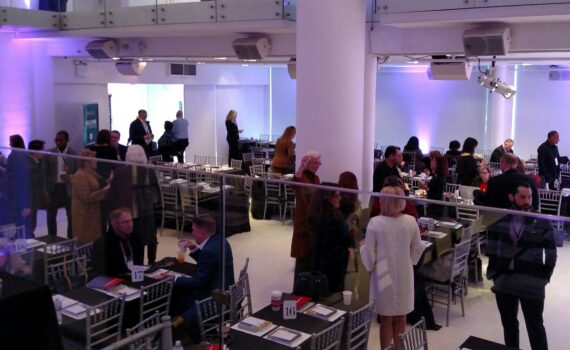
Sweet Spot Is An Attempt To Please Everyone
Do you find yourself striving for the sweet spot? That magical position somewhere near the middle of any continuum that often seems elusive?
The middle of summer is often interesting in the climate-controlled office. Some people feel hot, others feel cold, and the temperature control panel is fiddled with until the compressor on the roof freezes up. Then everyone is hot.
The dinner buffet has similar challenges. What are the food choices, what is hot, what is cold, and what will be consumed the fastest? Trying to find the sweet spot for any one particular item may feel like a big challenge.
One common theme with both of these scenarios is that more choices make it harder to find the sweet spot.
Have you ever looked at a Chinese restaurant menu? Usually lots and lots of choices.
At the drive through restaurant, more choices mean more options, and more options might make it harder to satisfy any one customer.
If you can buy a red car or a blue car only, you’ll make a choice. If there are 13 different color combinations, you’ll find it much more difficult to decide.
Is the sweet spot a good thing and how broad should options be?
Sweet Spot
It’s often counterintuitive to customer satisfaction. Pleasing every customer is perceived to mean that you must have a lot of options.
Is that why McDonalds once test marketed selling personal sized pizza? Did it stick? The pizza may have, but the concept seems to have been let go.
One thing that has stuck in most fast-food restaurants are the limited-time menu items. Something fresh, something new, or something different gets some traction.
At the same time, the limited-time, increases the likelihood of dissatisfaction. Unlike Mikey with Life cereal, some people won’t like it. Less chance of hitting the sweet spot.
Finding the sweet spot is about choice. Fewer choices keeps the continuum closer together, not so broad.
As the producer, not the consumer, the goal might be customer satisfaction.
Perhaps, the sweet spot in satisfaction gets broader when the options are fewer.
-DEG
Dennis E. Gilbert is a business consultant, speaker (CSPTM), and culture expert. He is a five-time author and the founder of Appreciative Strategies, LLC. His business focuses on positive human performance improvement solutions through Appreciative Strategies®. Reach him through his website at Dennis-Gilbert.com or by calling +1 646.546.5553.













